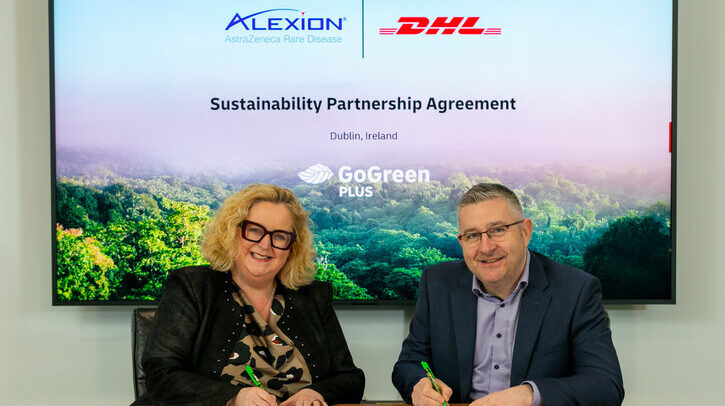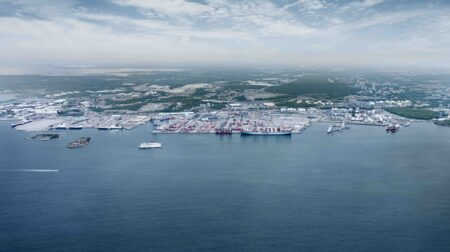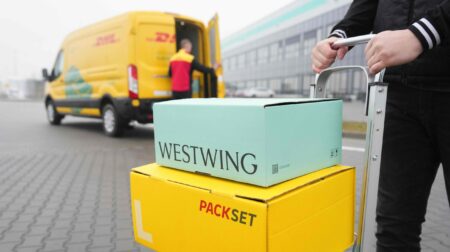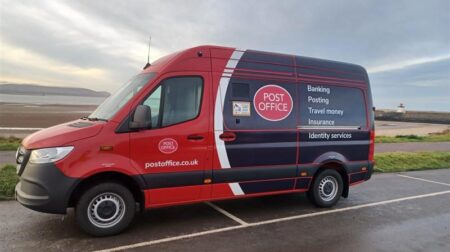Alexion, AstraZeneca Rare Disease has become the first company in Ireland to switch 100% of its air freight of highly specialized medicines to sustainable aviation fuel (SAF), helping to reduce greenhouse gas (GHG) emissions by over 80% compared to traditional aviation fuel.
The company has partnered with DHL Express via the DHL GoGreen Plus service to switch to SAF on all its European air freight shipments across 19 European countries.
Reducing the GHG emissions associated with the transportation of medicinal products is an important part of AstraZeneca’s wider sustainability strategy. This includes a focus on partnerships across the healthcare sector including supply chain decarbonization. From 2030, the aim is to halve the entire value chain footprint (absolute Scope 3 GHG emissions) from a 2019 base year, on the way to becoming science-based net zero by 2045.
Sylvia Kiely, vice president, global supply chain and product strategy lead, Alexion, AstraZeneca Rare Disease, said, “Moving our air freight to sustainable aviation fuel is an important milestone in reaching our Scope 3 targets, with the ambition of being science-based net zero by 2045. Through our partnership with DHL Express we’ve signed up immediately to a 100% change in fuel, rather than scaling up over time, which demonstrates how seriously we take environmental stewardship.”
Countries receiving the medicines under the GoGreen Plus service include Austria, Belgium, Denmark, Estonia, Finland, France, Georgia, Germany, Guernsey, Iceland, Ireland, Italy, Luxemburg, Netherlands, Norway, Portugal, Spain, Sweden and the UK.
Brian Murray, commercial and same-day director, DHL Express Ireland, added, “We are thrilled to partner with Alexion. Our GoGreen Plus service using emission-reduced sustainable aviation fuel demonstrates the tangible impact of collaborative efforts to decarbonize the logistics industry and support our customers in achieving their sustainability goals. This initiative aligns perfectly with DHL’s sustainability strategy and our goal to achieve net zero emissions by 2050.”





